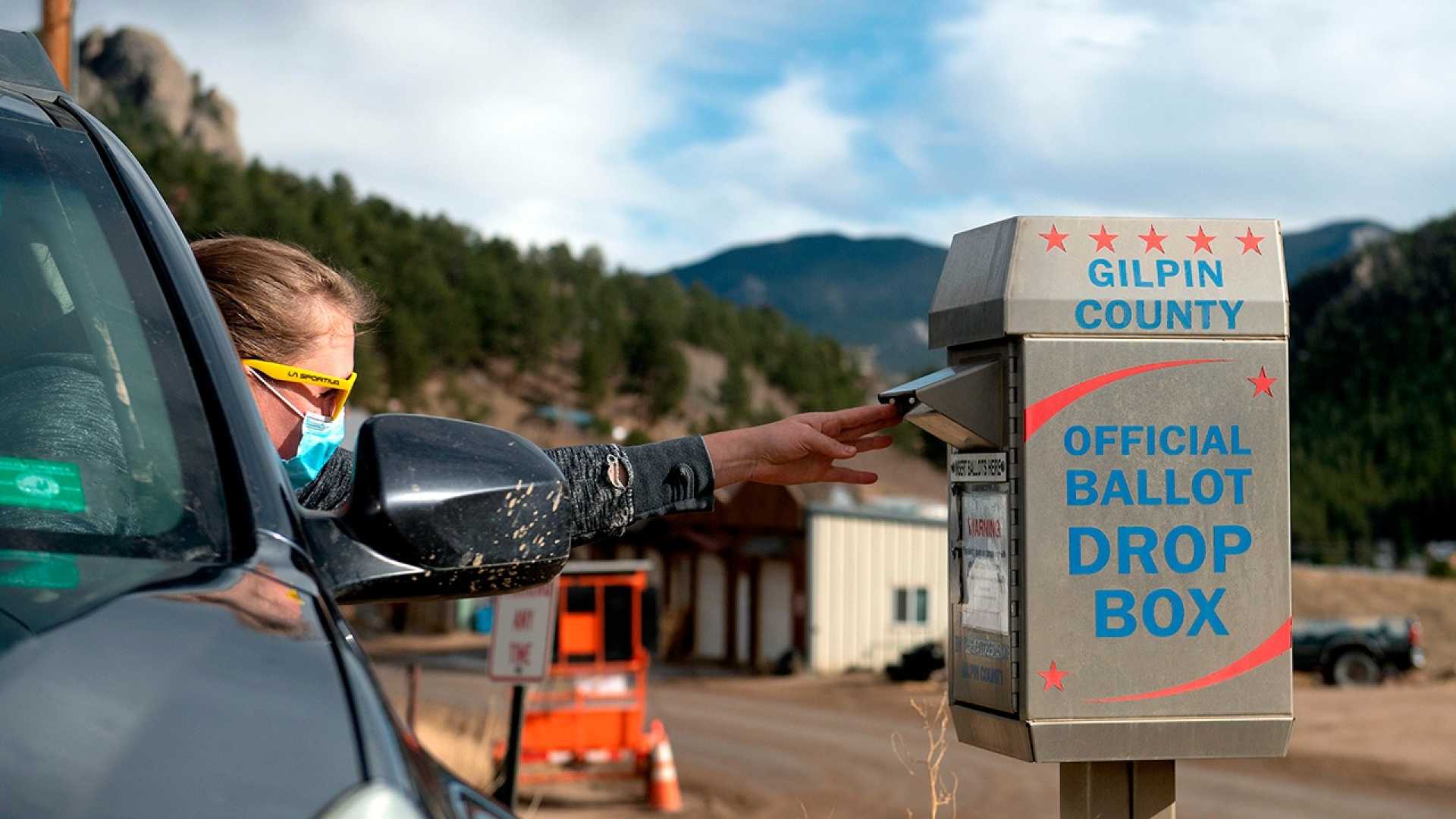Politics
Youth Vote Emerges as Pivotal Factor in US Presidential Election Amid Economic Concerns

As the United States presidential election approaches, young voters have emerged as a significant demographic receiving attention from both major political parties. Economic issues, particularly those related to inflation and housing, are increasingly becoming a driving force that could propel this critical voting bloc to the polls.
Isabella Morris, a 21-year-old from Rosenberg, Texas, is one such voter preparing to cast her ballot in a presidential election for the first time. Despite having a part-time income alongside her husband’s full-time salary, Isabella expressed concerns about financial insecurity. “Our debts are paid off, but we can’t afford any mistakes. We have no savings, nothing,” she told the BBC.
Like Isabella, many young voters are apprehensive about their financial futures. According to a Gen Forward survey conducted by the University of Chicago, economic growth, income inequality, and poverty rank as the most pressing issues for voters aged 18 to 26. This prioritization marks a shift from the 2020 election, when Covid-19 and healthcare were of greater concern to this demographic.
Kyla Scanlon, an economics commentator popular on TikTok, highlighted the unique challenges facing Gen Z voters, including high rents and rising debt. Scanlon noted, “The overall situation has degraded,” emphasizing that young people today face greater economic challenges than previous generations.
In response to these concerns, both presidential candidates have sharpened their economic messaging. Kamala Harris, the Democratic nominee, has outlined policies such as student loan forgiveness and affordable housing initiatives to appeal to young voters. Former President Donald Trump has focused on critiquing the current administration’s economic record while promising reforms in the service industry and cryptocurrency regulation.
Polling data from the Harvard Institute of Politics indicates a significant lead for Harris among young voters aged 18 to 29. Meanwhile, the GenForward survey revealed perceptions of Trump’s superior economic handling compared to the Biden administration in previous years.
Economic issues are not only motivating young people to vote but also to run for office. Gabriel Sanchez, a 27-year-old Democratic candidate in Georgia, is campaigning on economic reform, reflecting the financial struggles many young Americans face. Sanchez asserts, “Most of us aren’t able to own a home, afford healthcare, or buy the basic things we need,” addressing the growing demand for political representation that understands the challenges of younger generations.
Republican candidates are also vying for young voter support. Wyatt Gable, a 21-year-old Republican candidate in North Carolina, emphasizes the importance of addressing inflation and high interest rates to engage young voters.
Both parties continue their efforts to mobilize this critical demographic ahead of the election, with experts suggesting that addressing economic issues might be key to swaying young voter turnout.












